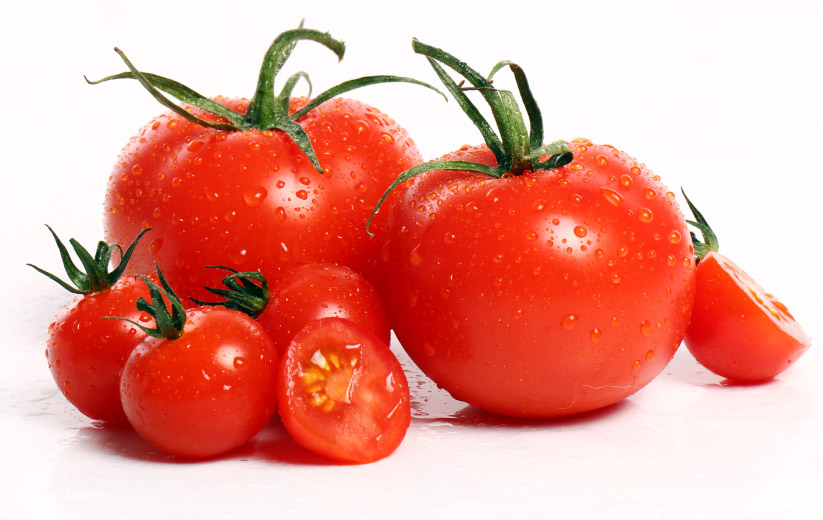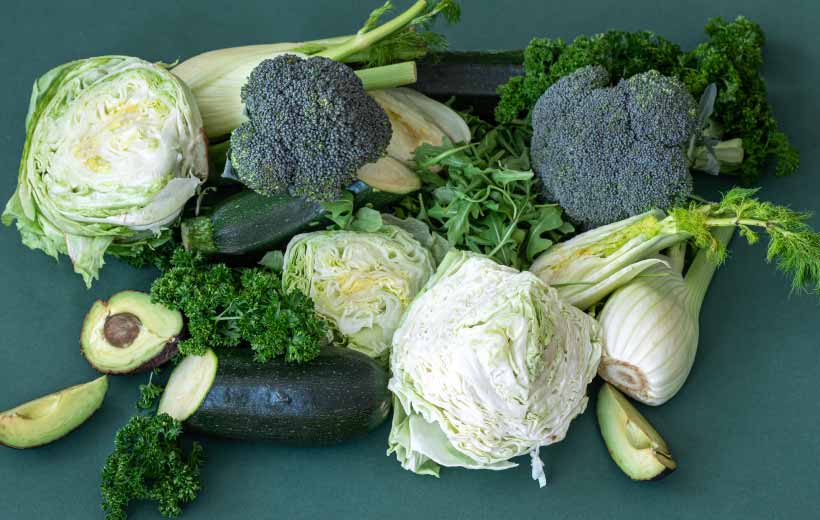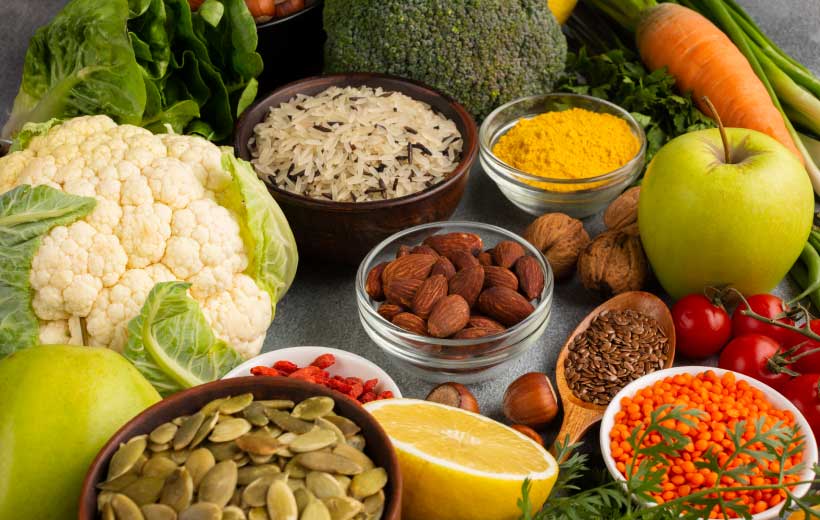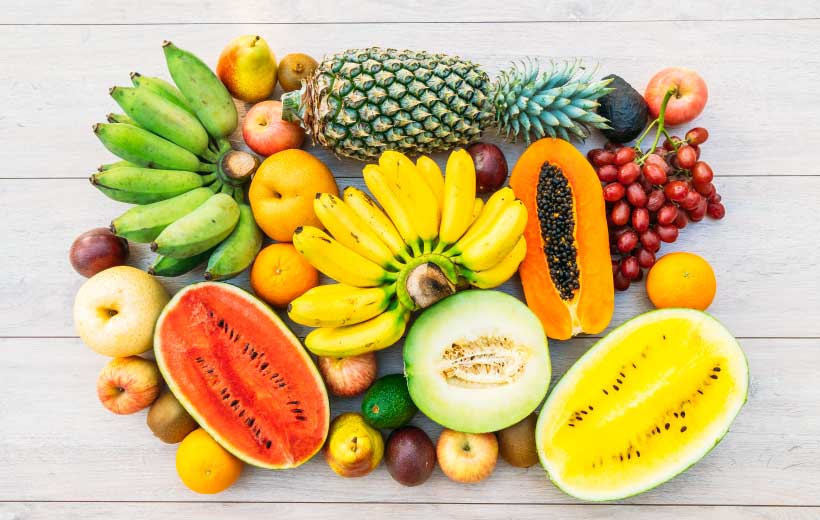Antioxidants have many health benefits such as preventing aging, cancer, and many other health-related problems.
Antioxidants are substances that prevent or slow down cell damage caused by free radicals. These free radicals can cause chronic diseases such as cancer, diabetes, Alzheimer’s disease, Parkinson’s disease…
Eating some of the typical vegetables, tubers, and fruits below is a simple way to add these substances to your daily diet:
Cruciferous vegetables
Cruciferous vegetables such as cabbage, broccoli, cauliflower, kale, and Brussels sprouts are rich in antioxidants, including beta-carotene, lutein, zeaxanthin, flavonoids, anthocyanins, and terpenes. Eating these vegetables helps the body to prevent cancer and slow down the growth of cancer cells.
Another type of antioxidant in cruciferous vegetables, glucosinolates, has been shown to have anti-cancer effects and may have beneficial effects on neurological and psychiatric diseases such as depression, schizophrenia, autism, and autoimmune diseases. autism, Alzheimer’s disease, and multiple sclerosis.
Apple
Research shows that eating apples and apple products can help fight cancer, heart disease, asthma, and Alzheimer’s. Apples also help improve diabetes outcomes, control weight, and maintain bone, lung, and intestinal health.

These effects are due to polyphenols – antioxidant compounds found in apples. A 2022 review published on the National Center for Biotechnology Information’s (NCBI) PubMed website concludes that eating an apple a day can help prevent several chronic diseases.
In addition to eating the fruit directly, you can eat apples in many ways such as combining them with nuts, avocado, or chopped into oatmeal, making smoothies, salads…
Berry
Berries are a rich source of antioxidants. These substances help fight heart disease, cancer, Alzheimer’s, and other disorders. Many studies show that berries like strawberries and blueberries help increase antioxidant levels in the blood and have positive effects on inflammation, brain function, and mental health.
The anti-inflammatory antioxidants in berries also help reduce pain in arthritis patients.
Avocado
Avocados are rich in polyphenol antioxidants and healthy fats. A 2020 study looked at avocados’ effects on the body’s ability to antioxidant blood and lower “bad” LDL cholesterol. Forty-five people, including women and men aged 21–70 years, who were obese and had high levels of LDL cholesterol, were assigned to eat 1 of 3 randomized diets for 5 weeks. The first was a low-fat diet (from only 24% of total daily calories), the other two were moderate in fat with 34% of calories (one with 1 avocado a day and the other with 1 avocado). no butter).
The results showed that people who maintained a moderate-fat diet and ate avocados had an antioxidant effect on the blood and lowered LDL. The study also concluded that this effect is due to polyphenol antioxidants and healthy fats.
Potato
The antioxidants in potatoes include carotenoids, flavonols, anthocyanins, and vitamins C and E. These substances have benefits such as reducing the risk of cancer, diabetes, depression, heart disease, age-related vision loss, obesity, Alzheimer’s disease, Parkinson’s disease…
Tomato
Tomatoes are rich in the antioxidant lycopene. This compound that gives tomatoes their color has been shown to reduce inflammation, protect heart health, prevent hardening of the arteries, and lower blood pressure.
This fruit also protects brain health, reduces the risk of cancer and intestinal diseases, and improves skin health, recovery from exercise, and boosts immunity.

Cooked tomatoes have a higher lycopene content than raw tomatoes. You can make sautéed or cooked tomatoes for a change of taste.
Beetroot
This root contains an antioxidant called betalain that offers many benefits. Betalains may help prevent colon cancer and digestive problems. Beets are also a good source of fiber, iron, folate, and potassium, which can help reduce inflammation.
Follow the website ongreenbeauty.com to get more health, nutrition, and beauty information to protect the health of yourself and your loved ones in your family.




